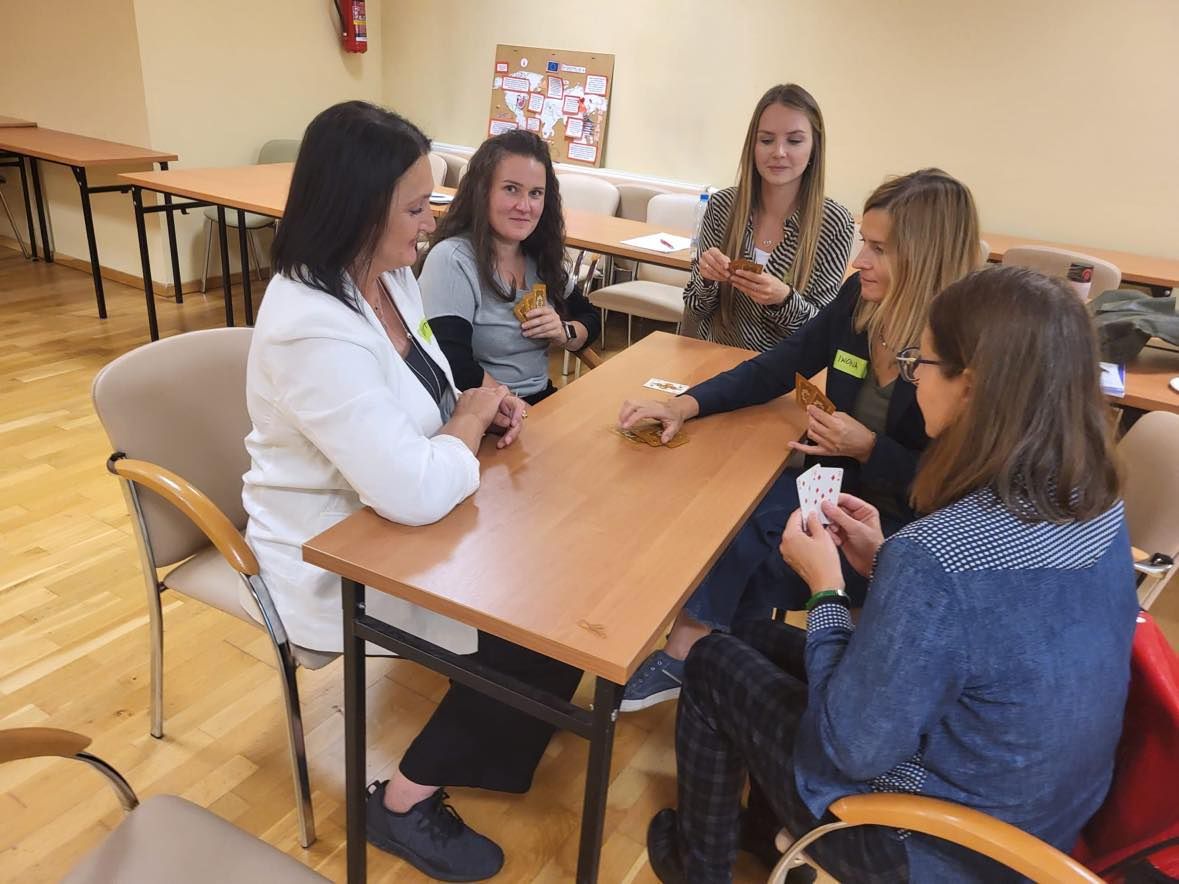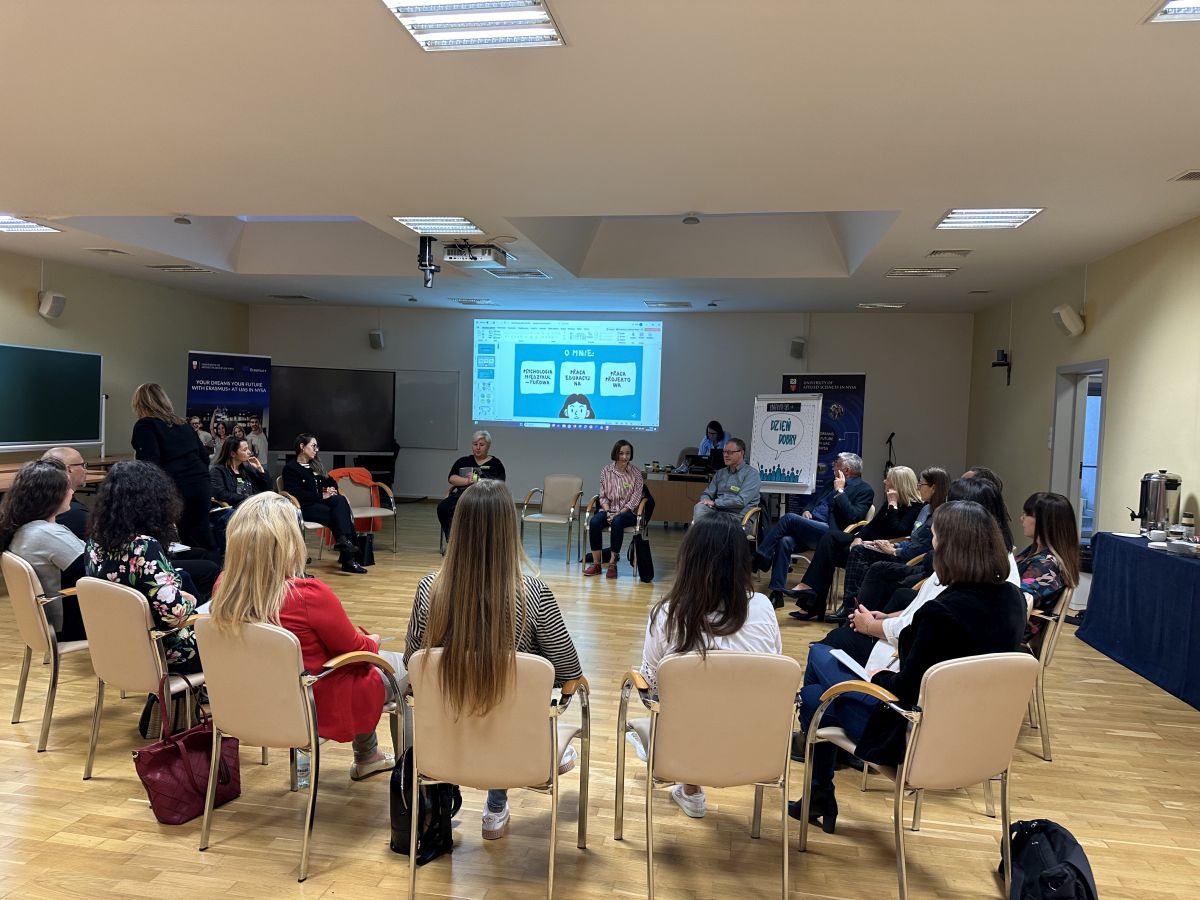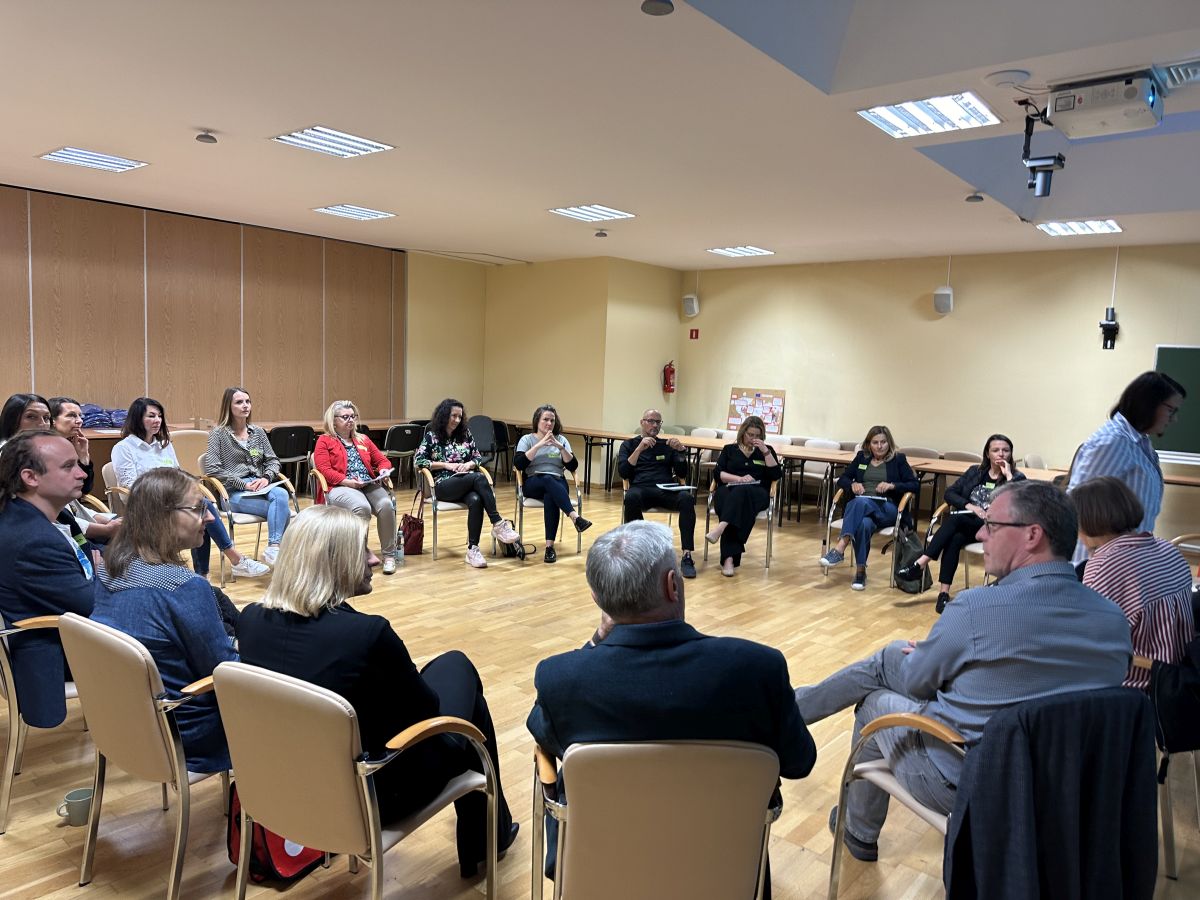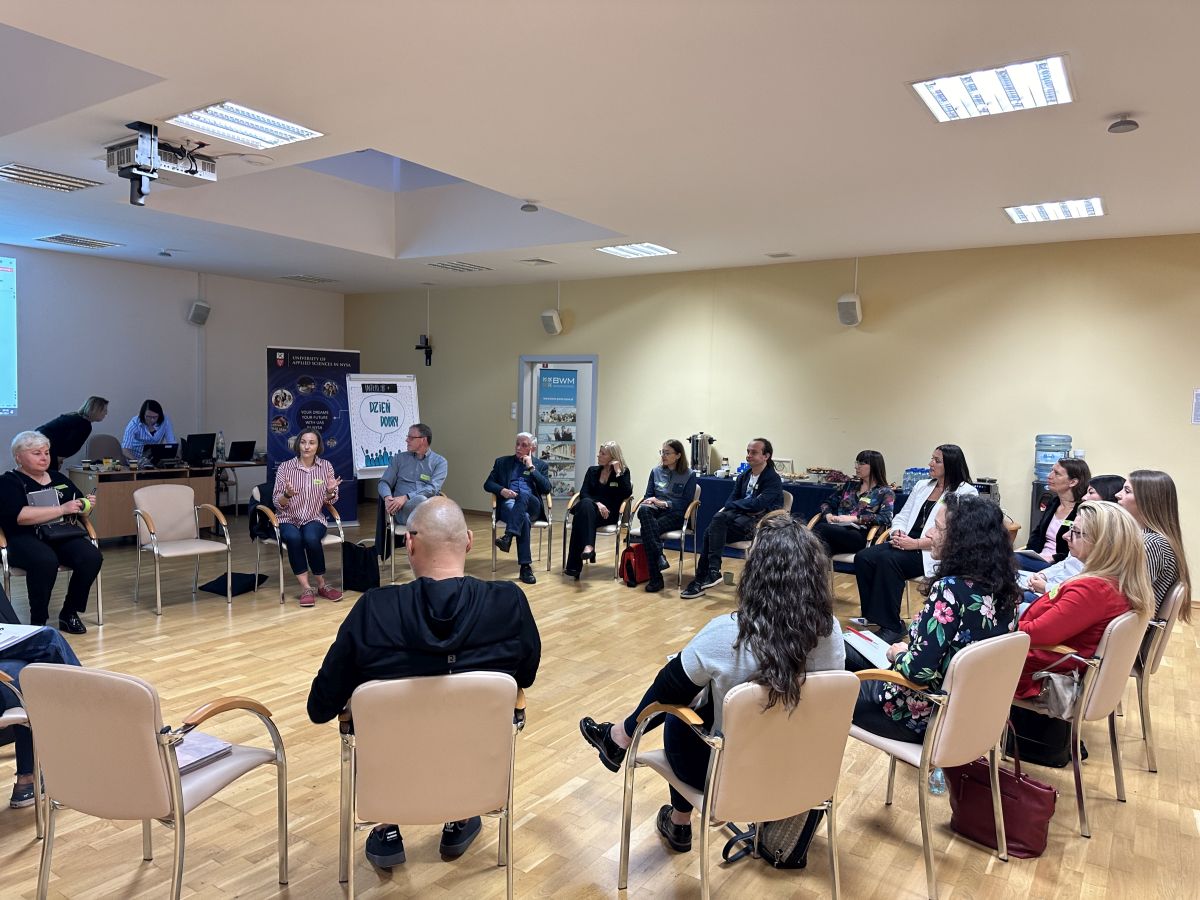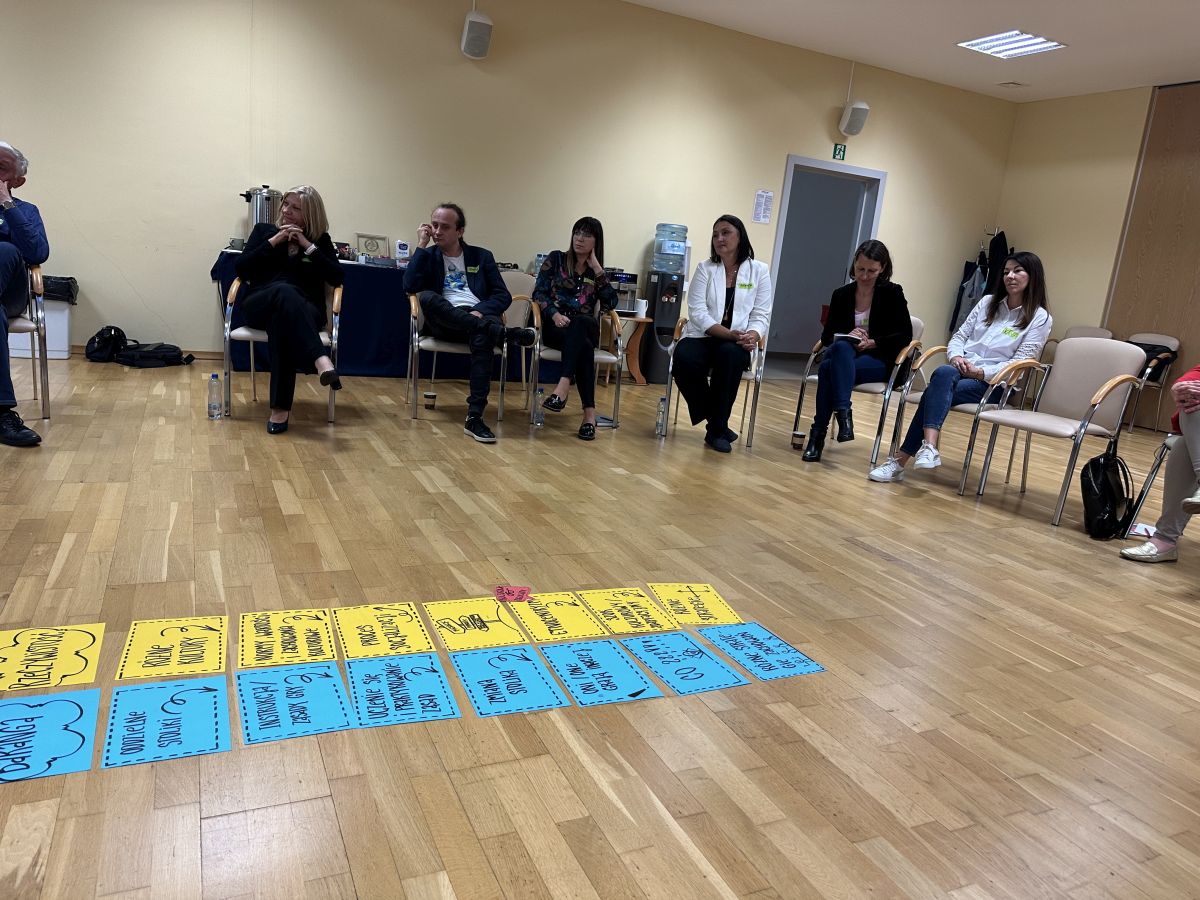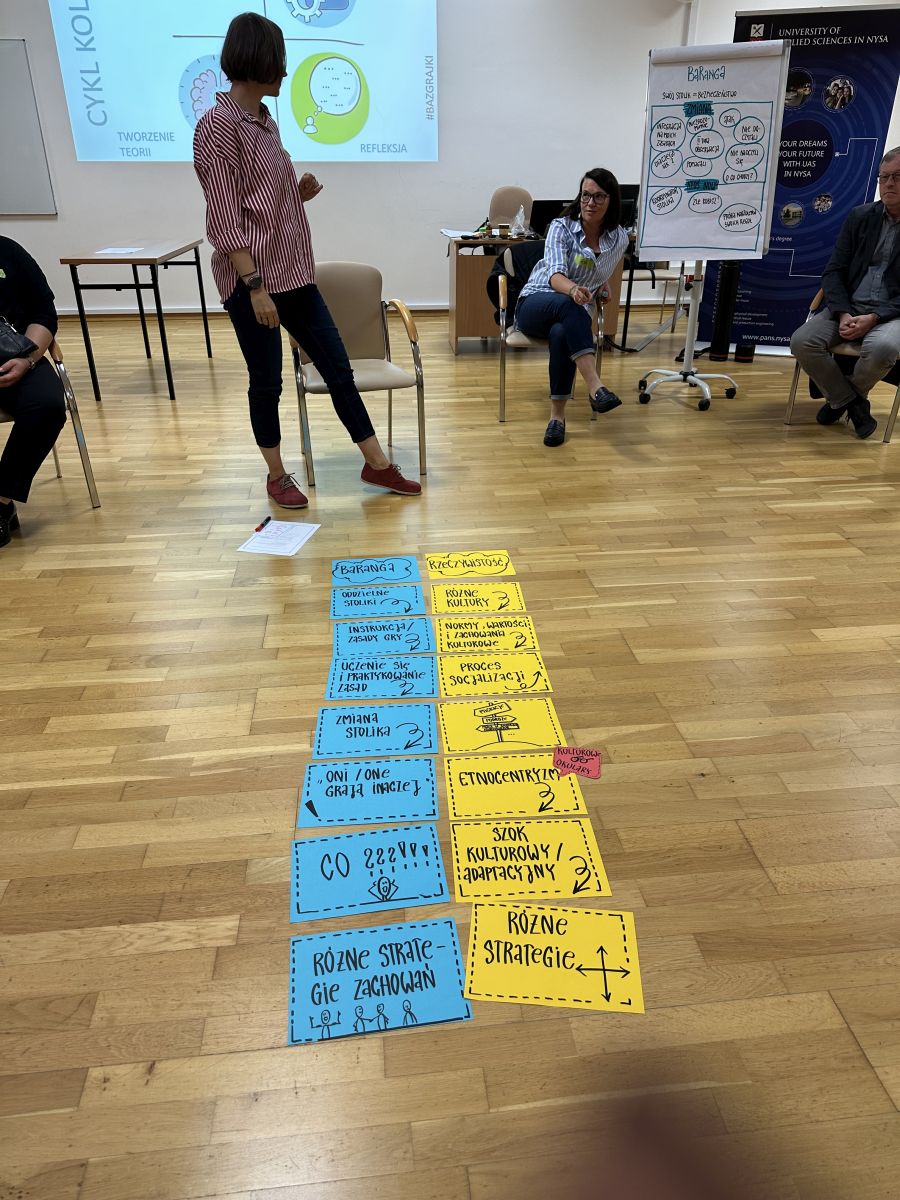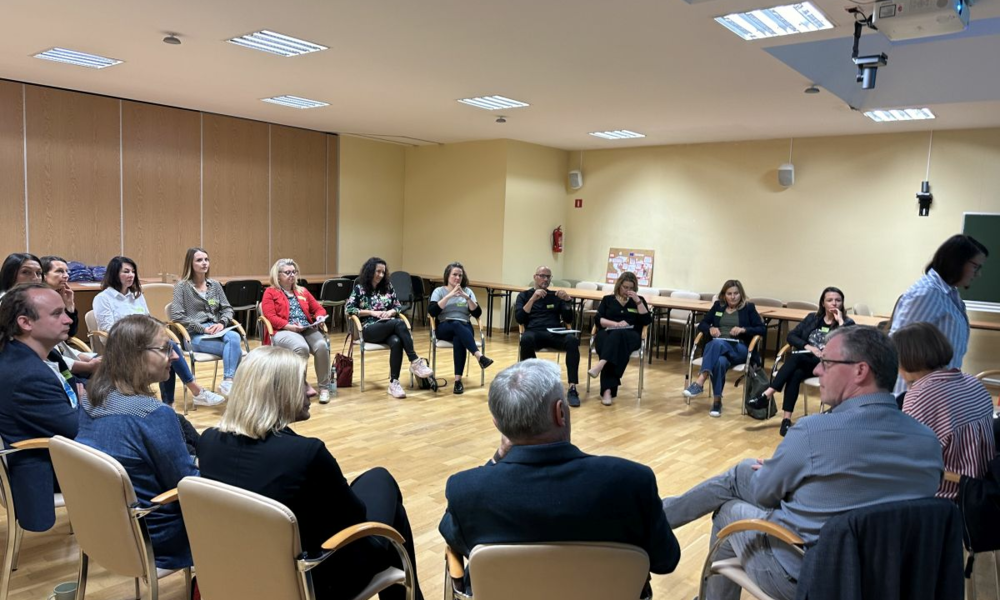International Cooperation Office
- 2024-09-20 10:57:00
- News
Interculturality Workshops TCA for UAS in Nysa Employees
On September 13-14, 2024, an intensive two-day interculturality workshop took place at the University of Applied Sciences in Nysa. The workshop was aimed at academic and administrative staff of the University and was conducted by experienced trainers from the Erasmus+
International Training Team (TCA) ( Foundation for the Development of the Education System): Ms. Anna Szlęk and Ms. Elżbieta Olczak. The goal was to enhance the staff's competencies in working with international students and foreign guests.
The workshop program included the following topics:
- Understanding the Influence of Culture on Individuals
Participants learned how culture shapes an individual's perception, behavior, and values. The workshop focused on understanding the impact of cultural context on daily interactions. - Understanding Phenomena at the Intersection of Cultures
Topics such as ethnocentrism, stereotypes, and prejudice were discussed, as these can affect intercultural relations. The workshops helped participants identify and analyze these phenomena in the context of their professional experiences. - Understanding the Cultural Adaptation Process
The focus was on the phases of cultural adaptation that people experience when migrating to new environments and the challenges associated with it. - Developing Strategies to Cope with Acculturation Stress
Participants developed strategies to deal with difficulties that may arise during adaptation to a new cultural context. - Enhancing Sensitivity to Diversity and Openness Towards Other Cultures
The workshop emphasized developing attitudes of openness and sensitivity to cultural diversity, which are essential when working with international students and guests.
A total of 20 participants attended the workshops, including international cooperation coordinators, staff conducting classes for foreigners, and university administrative staff. The event included the presentation of best practices from other universities and discussions on possible directions for developing the university’s internationalization strategy in the coming years. We thank all participants for their active involvement and fruitful cooperation!
International Cooperation Office
Galeria
